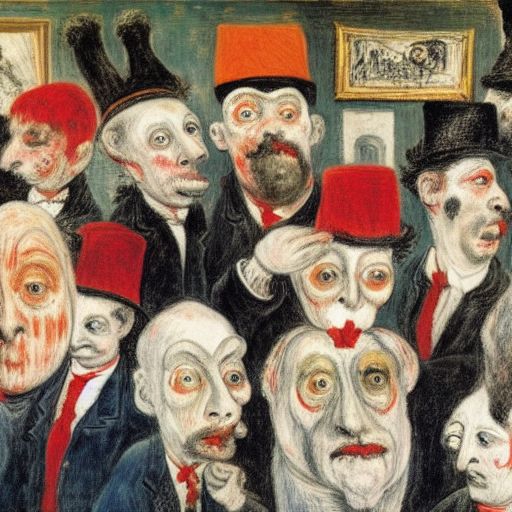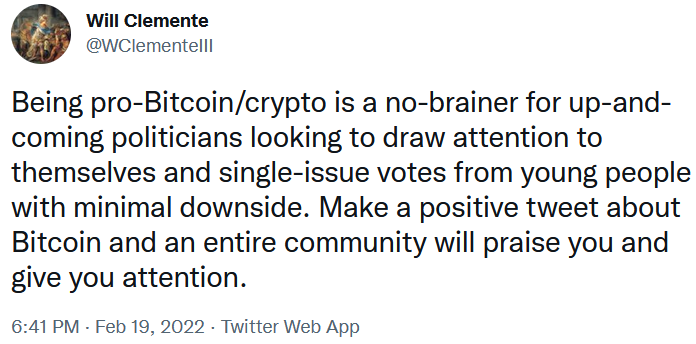ENS: web3 usernames for politicians

We can best understand the function of web3 usernames by looking at a similar service from the ubiquitous internet, namely Domain Name System (DNS). DNS attaches readable names to numerical IP-addresses. If you want to google, you type google.com in the address bar of the web browser, instead of the numerical address, currently 142.250.179.206. In web3, the decentral internet, such services connect readable names to numerical addresses from crypto wallets. If I want to consult my Ethereum wallet, than I type ru-digital.eth in the search bar of platforms supporting Ethereum Name Service (ENS), like Etherscan and Opensea, instead of the numerical address 0xdecad6231bd1d59174fef87c33589c9611a293d4. This way DNS facilitates surfing to websites and ENS simplifies consulting Ethereum wallets (check also e.g. parishilton.eth and averagerob.eth).
There are several web3 name services, like Namecoin and Unstoppable Domains. I decided to acquire usernames through ENS, because it is the dominant blockchain naming standard. Furthermore, such web3 usernames are non-fungible tokens (NFT’s), registered on the dominant smart contract platform Ethereum. There are currently 2,6 million names claimed, held by 570 thousand Ethereum wallets (dynamic data).
Initially I bought usernames for the presidents of the Flemish political parties (the ecological party didn’t have a president at that time). I added to this collection the 10 most popular Flemish politicians of 2021 and 2022 (web3 username alexanderdecroo.eth was already claimed). To represent the liberals in Belgium sufficiently, I bought a name for Georges-Louis Bouchez. I based the usernames on the politicians’ Twitter handles.

